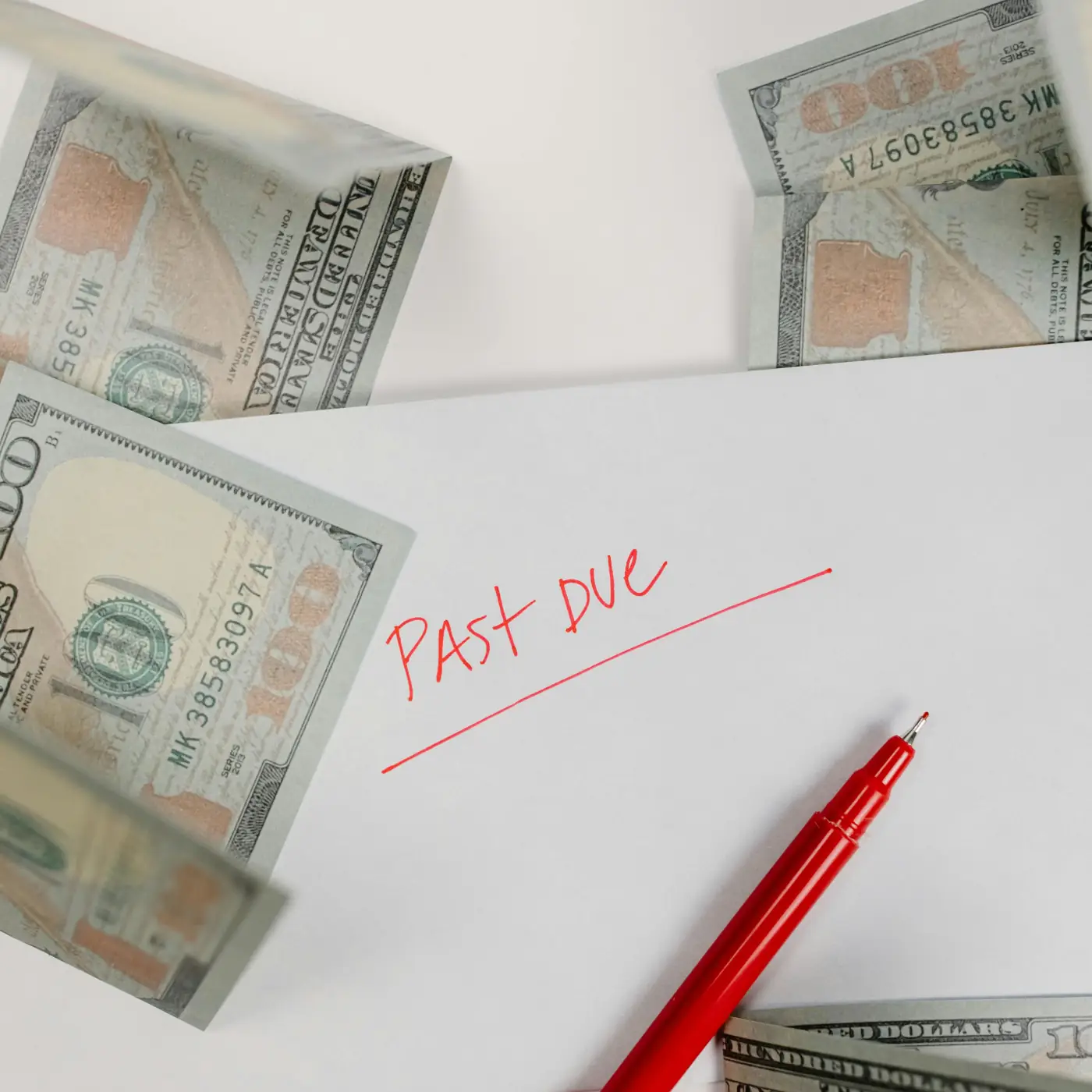Most homeowners and board members want the same thing: a safe, clean, happy community. That takes money. Assessments fund everything—landscaping, insurance, pools, security, roofs, elevators, garbage chutes, and long-term reserves. When even a few owners stop paying, the whole community feels it.
The “Mr. Smith” Problem (a true-to-life pattern)
Let’s say Mr. Smith stops paying his assessment. The board knows those dollars keep the lights on. They also know—and like—Mr. Smith. Two thoughts collide:
“We need these fees to keep the building running.”
“We don’t want to upset a neighbor.”
That tension is cognitive dissonance—holding two clashing ideas at once. It often leads to inaction, and in community finances, delay is expensive.
What delay really costs
Waiting a few months “to be nice” seems harmless. In reality, it:
Snowballs the debt. Hundreds become thousands, which becomes unmanageable for the owner.
Shifts costs to paying neighbors. Cash flow dips; the board postpones maintenance or raises assessments.
Increases legal exposure. Uneven enforcement (“we paused for Mr. Smith but not for others”) invites complaints and conflict.
Burns board bandwidth. The longer you wait, the harder and costlier the cleanup.
The paradox: the kindest thing for Mr. Smith (and everyone else) is a clear, early, consistent process that offers help fast and sets expectations.
A better way: firm, fair, and fast
1) Adopt a written, transparent collections policy
Make it easy to follow the same playbook for every owner. A strong policy typically includes:
Due date & grace period (e.g., due the 1st, late after the 15th).
Automated reminders (friendly email/text at day 5–10).
Late fee & interest schedule.
Payment-plan terms (minimum length, down payment, when you can deny for repeat defaults).
When accounts escalate (final notice → lien → attorney → judicial remedies).
Owner rights & hearing process (what to do if there’s a dispute).
Post the policy in the portal and include it with welcome packets. Consistency is your best defense.
2) Communicate early—with respect
Owners rarely ignore bills out of spite. Life happens. Your first touch should:
Assume good intent (“Just a reminder—perhaps it was an oversight.”)
Offer a quick path to cure (“Click here to pay” + “Need a plan? Reply ‘PLAN’.”)
Explain the why (“Assessments keep services running for everyone.”)
3) Offer realistic payment plans
The goal is resolution, not punishment. Examples:
Standard plan: balance spread over 3–6 months; current assessments must stay current.
Hardship plan: longer term with documentation; automatic cancel if a payment is missed.
Payment plans protect cash flow and give owners dignity. They also show a judge (if it ever gets that far) that the association acted reasonably.
4) Enforce uniformly (no favorites)
Nothing erodes trust faster than uneven treatment—especially for insiders. Apply the same criteria to every account (age of debt, amount, notices sent, plan offered). If a director is delinquent, they must be treated the same as any other owner and should recuse from related votes.
5) Escalate on a schedule—don’t improvise
A sample, no-drama timeline (customize to your documents):
Day 1: Assessment due.
Day 10: Friendly reminder (email/text).
Day 30: Late notice + late fee + payment-plan option.
Day 60: Final notice; warn of lien/attorney if unpaid; re-offer a plan.
Day 90: Send to collections/attorney and record lien per your policy.
The dates may differ by community, but the discipline should not.
Talking points you can share at meetings
“Our job is to protect all owners—consistent collections keep dues low and the property maintained.”
“We always offer payment plans. The sooner owners talk to us, the easier and cheaper it is.”
“Uniform enforcement isn’t harsh—it’s fair. It treats neighbors equally and avoids legal trouble.”
Common questions
Q: Isn’t this heartless?
A: Compassion is baked in: early outreach, multiple reminders, and payment plans. Letting a neighbor’s debt snowball is less compassionate.
Q: What if the owner disputes charges?
A: Provide a clear dispute/hearing process. Pause late fees while a timely, good-faith dispute is reviewed, then resume if the balance stands.
Q: Do we have to use an attorney?
A: Not at first. Many accounts resolve with reminders and payment plans. A counsel handoff at 60–90 days (per policy) keeps the board out of direct collection conflicts and ensures legal compliance. We can also discuss with you the benefits of using a collections agency instead of an attorney.
To discuss further or to request a bid, click here: https://www.bedfordpropertymanagementinc.com/bedford-association-management


